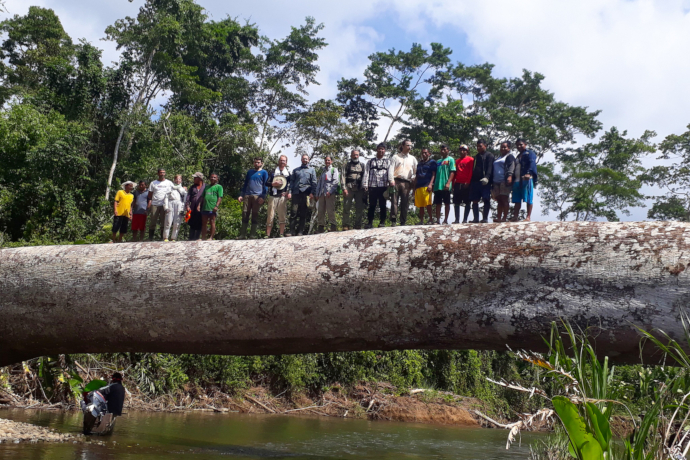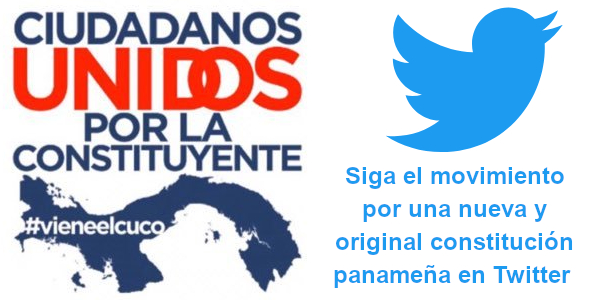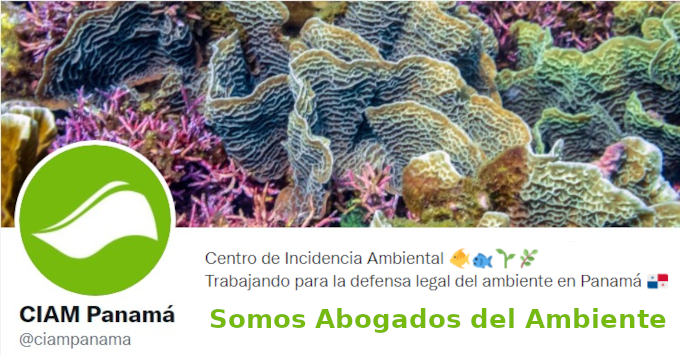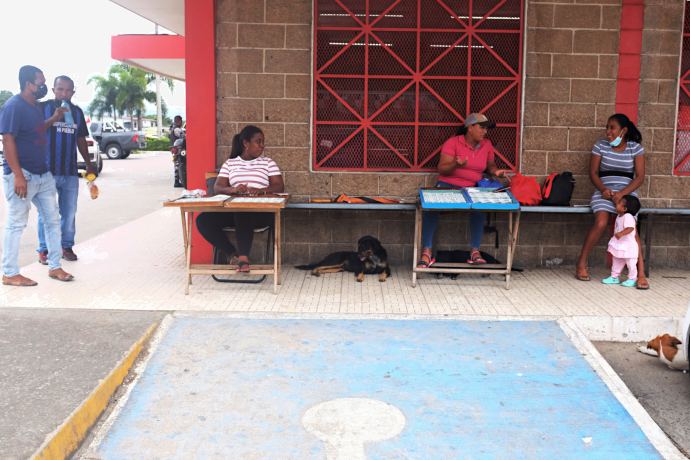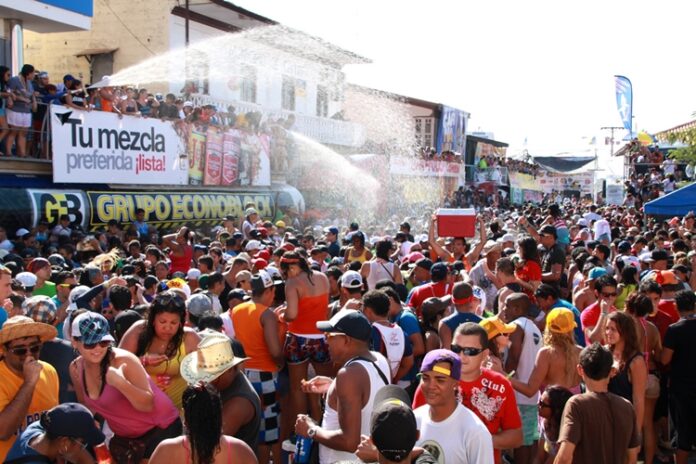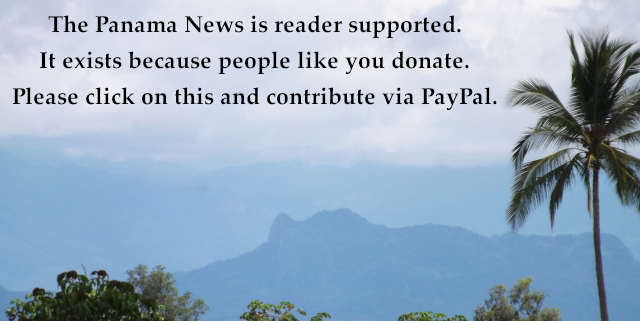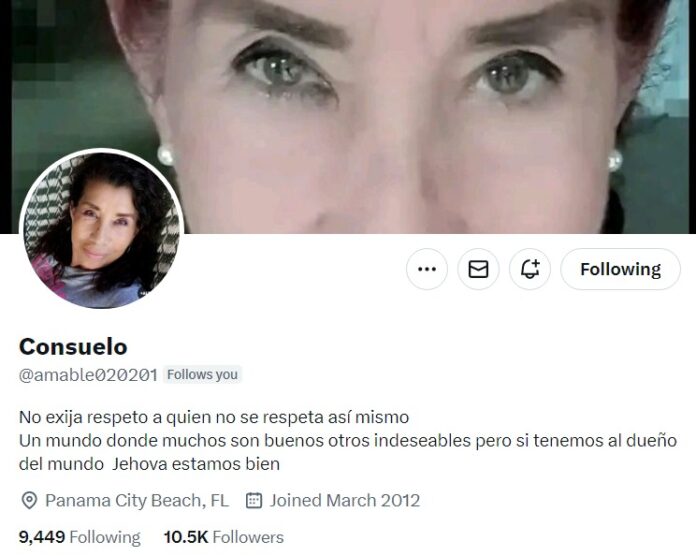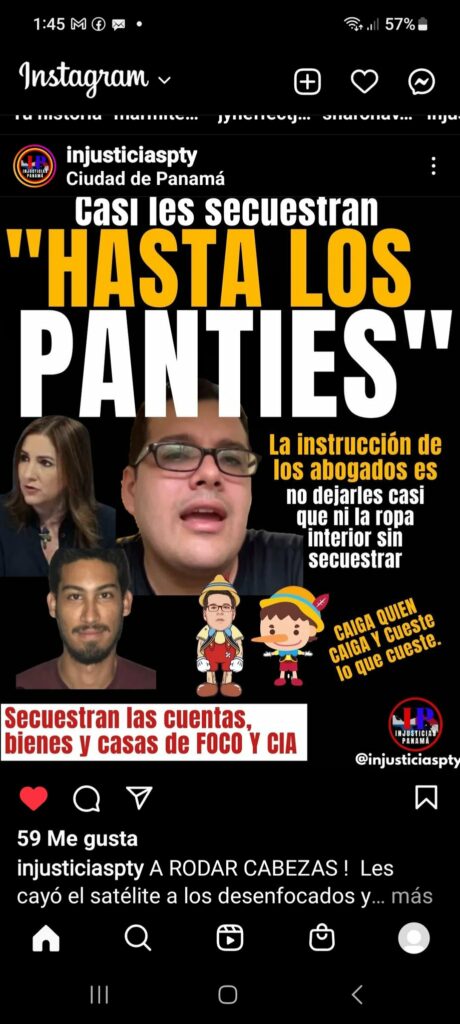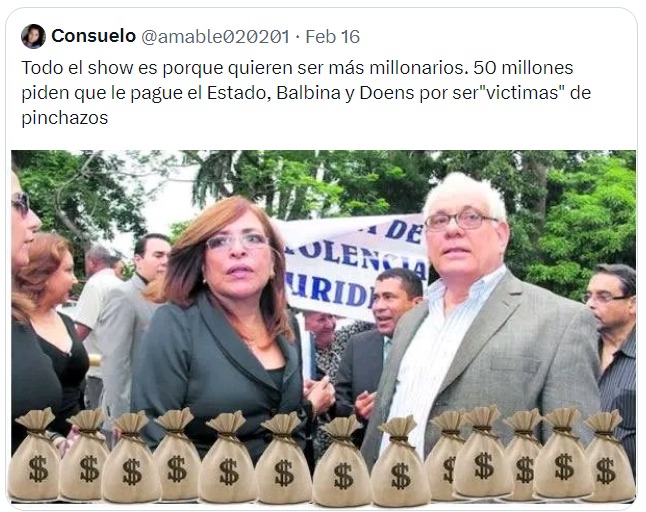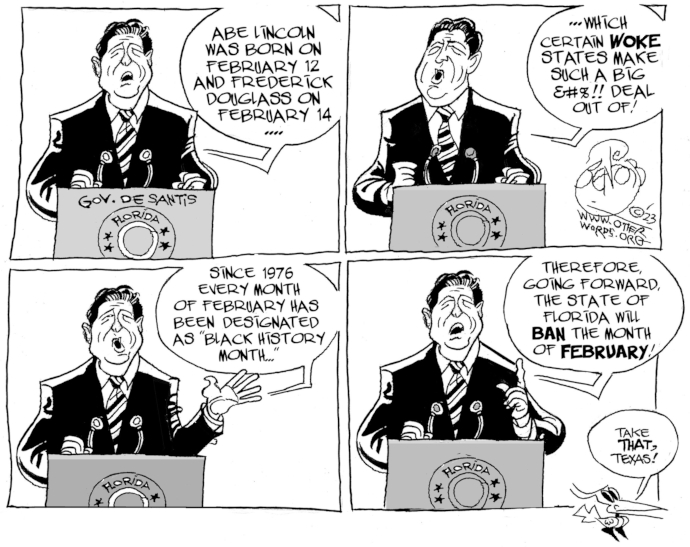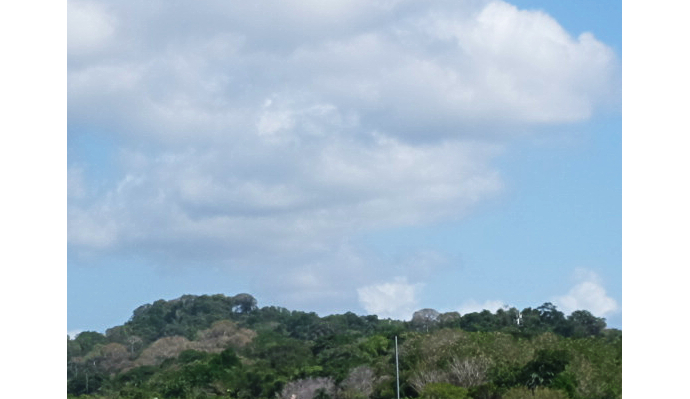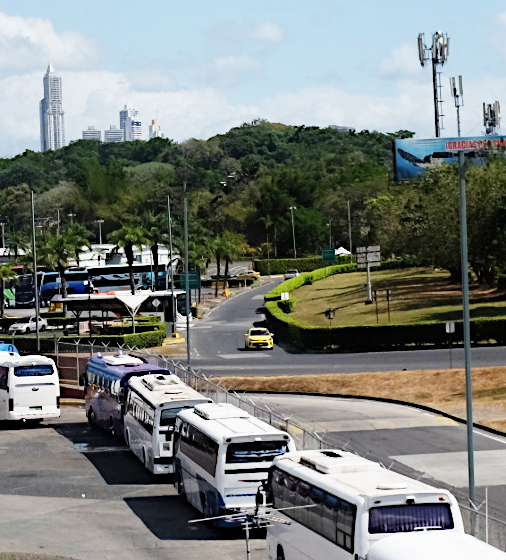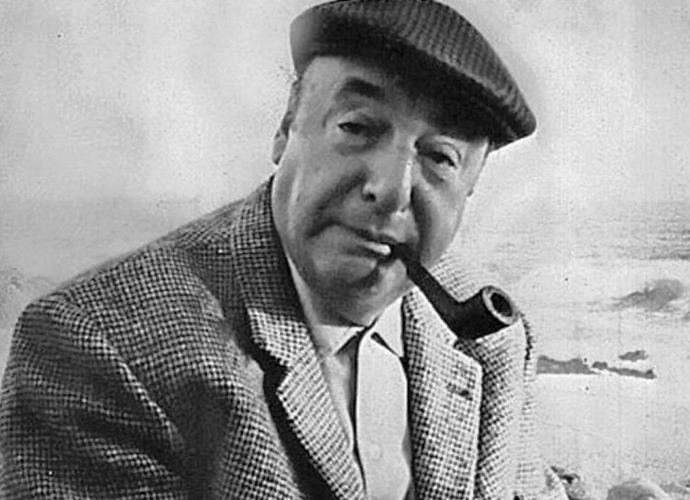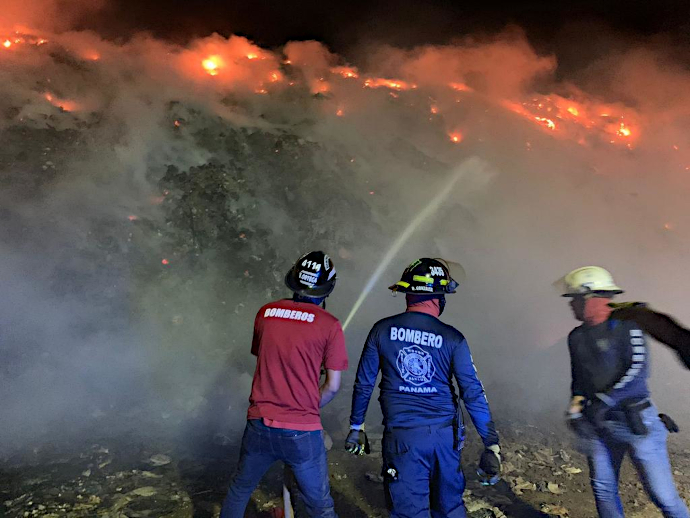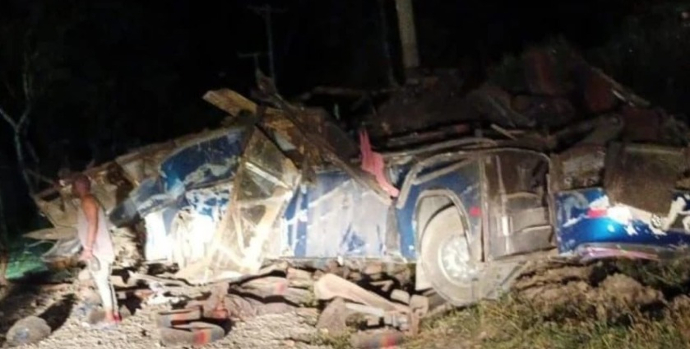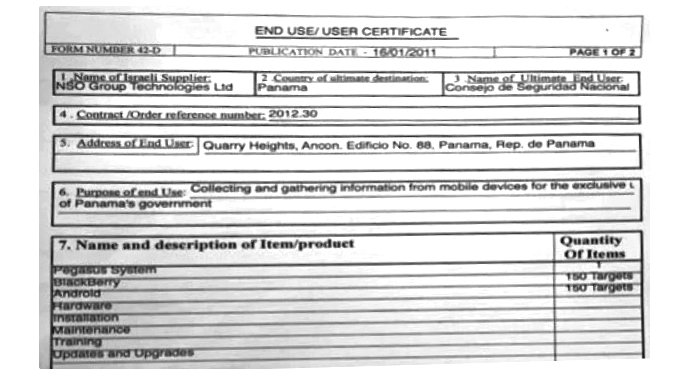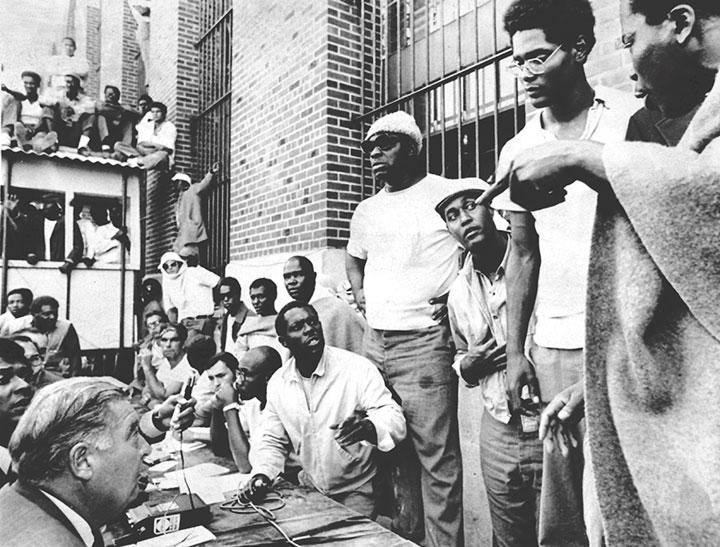If Norfolk Southern “can pay for lobbyists and politicians, they can pay to clean up the mess they made in our community,” said one local group. A derailed freight train is seen in East Palestine, Ohio. NTSB photo.
Investigation shows rail giant donated to Ohio governor a month before toxic crash
by Kenny Stancil — Common Dreams
An investigation published Monday revealed that just weeks before a Norfolk Southern-owned train overloaded with hazardous materials derailed and caused a toxic chemical fire in East Palestine, Ohio, the rail giant donated $10,000—the maximum amount allowed—to help fund the inauguration of the state’s Republican Governor Mike DeWine.
According to WSYX, the Columbus-based news outlet that conducted the investigation, “This contribution, which is part of $29,000 the Virginia-based corporation has contributed to DeWine’s political funds since he first ran for governor in 2018, is merely one piece of an extensive, ongoing effort to influence statewide officials and Ohio lawmakers.”
“In all, the railway company has contributed about $98,000 during the past six years to Ohio statewide and legislative candidates, according to data from the secretary of state,” WSYX reported. “Virtually all went to Republicans, although Norfolk Southern hedged its support for DeWine in 2018 with a $3,000 check to Democratic gubernatorial candidate Richard Cordray.”
In addition to shelling out loads of campaign cash, Norfolk Southern has also extensively lobbied DeWine, statewide officials, and Ohio lawmakers.
Quarterly reports disclosing the company’s lobbying activities show that DeWine and other statewide officials were targeted 39 times over the past six years, while Ohio lawmakers were targeted 167 times during the same time period.
“Most of the disclosed attempts to influence Ohio leaders came on generic rail or transportation issues,” WSYX reported. “Some efforts, however, were devoted to defeating legislation that would have established tougher safety standards for rail yards and train operations.”
River Valley Organizing, a local progressive group, declared on social media that “this is what we’re up against.”
Norfolk Southern’s successful bid to thwart at least one Ohio bill aimed at improving railroad safety—explained in depth by the local news outlet—mirrors the company’s triumphant campaign to weaken federal regulations.
Before dozens of its train cars careened off the tracks and burst into flames in East Palestine on February 3—leading to the discharge of vinyl chloride and other carcinogenic chemicals—Norfolk Southern “helped kill a federal safety rule aimed at upgrading the rail industry’s Civil War-era braking systems,” The Lever reported earlier this month.
US Transportation Secretary Pete Buttigieg, who has been criticized by progressive advocacy groups and lawmakers for his lackluster response to the crisis in East Palestine, sent a letter to Norfolk Southern CEO Alan Shaw on Sunday stating that the National Transportation Safety Board (NTSB) is investigating the cause of the derailment and that the Federal Railroad Administration is examining whether safety violations occurred and intends to hold Norfolk Southern accountable if they did.
Buttigieg insisted that the company “demonstrate unequivocal support” for the poor rural town’s roughly 4,700 residents as well as the populations of surrounding areas potentially affected by air and groundwater contamination.
“Norfolk Southern must live up to its commitment to make residents whole—and must also live up to its obligation to do whatever it takes to stop putting communities such as East Palestine at risk,” the transportation secretary wrote. “This is the right time for Norfolk Southern to take a leadership position within the rail industry, shifting to a posture that focuses on supporting, not thwarting, efforts to raise the standard of US rail safety regulation.”
As The Associated Pressreported Monday:
Buttigieg also said that Norfolk Southern and other rail companies “spent millions of dollars in the courts and lobbying members of Congress to oppose commonsense safety regulations, stopping some entirely and reducing the scope of others.” He said the effort undermined rules on brake requirements and delayed the phase-in for more durable rail cars to transport hazardous material to 2029, instead of the “originally envisioned date of 2025.”
The transportation secretary said the results of the investigation are not yet known, but “we do know that these steps that Norfolk Southern and its peers lobbied against were intended to improve rail safety and to help keep Americans safe.”
Nevertheless, as The Lever reported earlier this month, Buttigieg is actively considering an industry-backed proposal to further erode federal oversight of train braking systems.
The outlet has published an open letter urging Buttigieg “to rectify the multiple regulatory failures that preceded this horrific situation,” including by exercising his authority to reinstate the rail safety rules rescinded by the Trump administration at the behest of industry lobbyists.
The full environmental and public health consequences of the ongoing East Palestine disaster are still coming into view, as residents question the validity of initial water testing paid for by Norfolk Southern.
Despite state officials’ claims that air and water in the area remain safe, thousands of fish have died in polluted local waterways and people in the vicinity of the derailment have reported headaches, eye irritation, and other symptoms.
Just days after his company skipped a town hall meeting, Shaw visited East Palestine on Saturday and said that “we are here and will stay here for as long as it takes to ensure your safety.”
Norfolk Southern, which reported record-breaking operating revenues of $12.7 billion in 2022, originally offered to donate just $25,000 to help affected residents—an amount equivalent to about $5 per person—but recently announced the creation of a $1 million charitable fund instead.
Lawmakers in Ohio “are now scrambling to make sure the railroad is held accountable,” WSYX reported. “The House Homeland Security Committee is scheduled to hear ‘informal testimony’ Wednesday from Karen Huey, assistant director of the Ohio Department of Public Safety, and John Esterly, chairman of the Ohio State Legislative Board with the Brotherhood of Locomotive Engineers.”
In Washington, US Senate Commerce Committee Chair Maria Cantwell (D-Wash.) on Friday requested information regarding the handling of hazardous materials from the CEOs of several large rail corporations, including Norfolk Southern.
“Over the past five years, the Class I railroads have cut their workforce by nearly one-third, shuttered railyards where railcars are traditionally inspected, and are running longer and heavier trains,” Cantwell wrote. “Thousands of trains carrying hazardous materials, like the one that derailed in Ohio, travel through communities throughout the nation each day.”
Notably, Norfolk Southern announced a $10 billion stock buyback program last March. The company has routinely raised its dividend, rewarding shareholders while refusing to invest in safety upgrades or basic benefits such as paid sick leave.
Just days after he sent co-authored letters raising safety and health concerns to the NTSB and the U.S. Environmental Protection Agency, US Senator Sherrod Brown (D-Ohio) said during a Sunday appearance on CNN’s “State of the Union” that Norfolk Southern is responsible for the East Palestine disaster, which he characterized as another chapter in “the same old story.”
“Corporations do stock buybacks, they do big dividend checks, they lay off workers,” said Brown. “Thousands of workers have been laid off from Norfolk Southern. Then they don’t invest in safety rules and safety regulation, and this kind of thing happens. That’s why people in East Palestine are so upset.”
“They know that corporate lobbyists have had far too much influence in our government and they see this as the result,” Brown continued. “These things are happening because these railroads are simply not investing the way they should in car safety and in the rail lines themselves.”
“Something’s wrong with corporate America and something’s wrong with Congress and administrations listening too much to corporate lobbyists,” he added. “And that’s got to change.”
Another Norfolk Southern train carrying hazardous materials crashed last week near Detroit, Michigan. Like Brown, union leaders and US Senator Bernie Sanders (I-Vt.) have attributed the recent derailments to Wall Street-backed policies that prioritize profits over safety.
As David Sirota, Rebecca Burns, Julia Rock, and Matthew Cunningham-Cook of The Leverpointed out in a recent New York Times opinion piece, the United States is home to more than 1,000 train derailments per year and has seen a 36% increase in hazardous materials violations committed by rail carriers in the past five years.
The rail industry “tolerates too many preventable derailments and fights too many safety regulations,” the journalists wrote. “The federal government must move quickly to improve rail safety overall.”
An inter-union alliance of US rail workers, meanwhile, has called on organized labor to back the nationalization of the country’s railroad system, arguing that “our nation can no longer afford private ownership of the railroads; the general welfare demands that they be brought under public ownership.”
Contact us by email at fund4thepanamanews@gmail.com
To fend off hackers, organized trolls and other online vandalism, our website comments feature is switched off. Instead, come to our Facebook page to join in the discussion.
These links are interactive — click on the boxes






